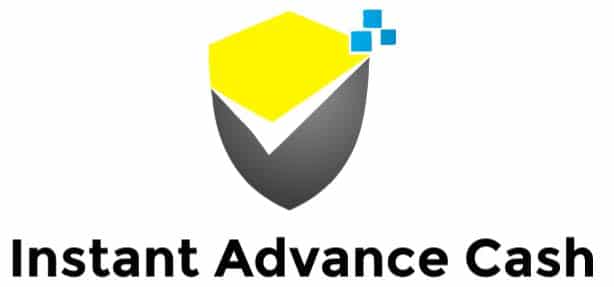Instant Cash Advance Michigan
Instant Advance Cash Loans Online Michigan
Michigan Payday Loans
A Michigan payday loan can be described as check advance or cash advance loans which the law refers to as deferred presentiment service transaction. The individual who is licensed to provide these types of loans is known as a licensee.
The transaction is a high cost, small term and short transaction where the borrower is supposed to present the licensee with a check that covers service fees and the amount that has been borrowed.
In return the licensee will give the client immediate cash.
The client can also be given a money order depending on what they want.
Payments are supposed to be made when the client gets their next paycheck. To qualify, the clients usually need a checking account, personal identification and proof of anticipated income either from employment or government benefits.
Before you go ahead and sign up for the loans, it is important to understand that there are several disadvantages that are associated with them such as short repayment periods and very high service fees. This is why you will find that most people will get into debt rather than getting the financial relief they were looking for.
The deferred presentment service transaction act governs the instant cash advance Michigan payday loans.
Clients have to sign an agreement in written form which has to include the fees that will be paid as well as the equivalent percentage annual rate.
The agreement also has to clearly indicate the payment obligations and all the processes that the clients are supposed to follow when it comes to filing a complaint with the licensee. One licensee can only give a single client a loan that amounts to $600. The client however may get another loan from another licensee. The client on the other hand may only have 2 outstanding loans at a time.
The state normally maintains an electronic database that the licensee can use to check if the client they are dealing with has any outstanding Michigan payday loans lenders. This is quite easy because the client has to produce details that pertain their names, social security number, address, amount of loan they are seeking, personal ID, and date that they applied for the loan.
This way, if the client already has another loan, the licensee cannot issue another one. In the event that the database is not functioning properly all the clients are required to sign a statement showing that they do not have any outstanding loans with any other firms.
The amount of the Michigan payday loans usually determine the service fees that the clients will end up paying.
The licensee may charge about 15% on the first a hundred dollars and reduce the percentage on the subsequent amounts where you may have to pay 14% on the next and 12% on the 4th a hundred dollars and so forth.
This means that the higher the amount borrowed the higher the service charge will be. For instance, the client may end up paying a service charge of $ 7.50 for $50 loan and $76 for a loan of $ 600. This goes to show that these types of loans can be very expensive.
This is because the service normally translates to a triple digit APR (Annual Percentage Rate).
Some of the rules and regulations that govern the Michigan payday loans include:
The service cannot be used to meet long term financial needs.
State laws allow the clients to cancel the agreement they had made
and receive a full refund of the fee. This licensee however has to be notified a day before.
State laws prohibit the licensee from renewing the agreement for a fee. This means that clients have to pay back all the money that they had borrowed before getting any more money from the firm.
State laws do not allow any criminal processes when it comes to the collection of the agreement.
If you believe that the organization dealing with the Michigan payday loans has violated the law, state laws allow the clients to file a complaint.
It
is possible to get into an agreement with the licensee when you are not
able to pay the loan on time. You can get into one that allows you to
pay in installments for a specified period of time until the entire debt
is done away with.
